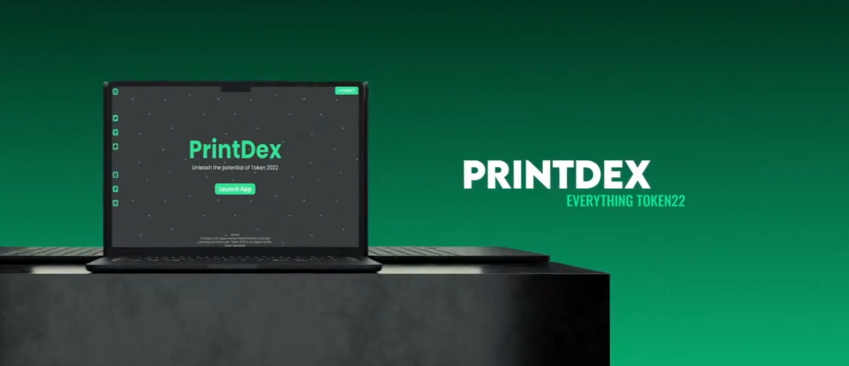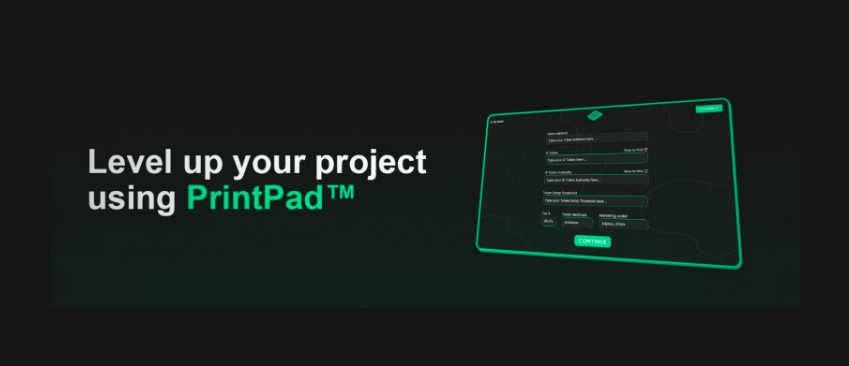
Unravelling Solana: Understanding Blockchain and Cryptocurrencies
In the digital age, cryptocurrencies have emerged as a revolutionary force, transforming the way we perceive and transact value. At the heart of this financial revolution lies blockchain technology, a decentralised ledger system that underpins the entire cryptocurrency ecosystem
Among the myriad of blockchain platforms, Solana has garnered significant attention for its high throughput and low transaction costs.
In this article, we will delve into the fundamentals of blockchain technology, elucidate the intricacies of cryptocurrencies, and explore the unique features of Solana.
Understanding Blockchain Technology
Blockchain technology can be likened to a digital ledger that records transactions in a transparent, secure, and immutable manner. Unlike traditional centralised systems where a single authority maintains control over the ledger, blockchain operates on a decentralised network of computers known as nodes. Each node stores a copy of the entire blockchain, ensuring redundancy and resilience against tampering or censorship.
The term "blockchain" derives from its structure, consisting of blocks linked together in a chronological chain. When a new transaction occurs, it is grouped with other transactions into a block. This block is then validated by network participants through a process called consensus, wherein a majority of nodes agree on the validity of the transactions. Once validated, the block is added to the existing chain, creating a permanent record of the transaction history.
Cryptocurrencies: Digital Assets on the Blockchain
Cryptocurrencies are digital or virtual currencies that utilise cryptographic techniques to secure transactions and control the creation of new units. Unlike fiat currencies issued by governments, cryptocurrencies operate independently of any central authority, relying on blockchain technology to facilitate peer-to-peer transactions.
One of the defining characteristics of cryptocurrencies is decentralisation, which eliminates the need for intermediaries such as banks or payment processors. This decentralisation fosters greater financial inclusion, allowing individuals to transact directly with one another across geographical boundaries.
Additionally, cryptocurrencies offer enhanced security and privacy features compared to traditional payment methods. Transactions on the blockchain are cryptographically encrypted, ensuring the integrity and confidentiality of user data. Furthermore, the transparent nature of the blockchain enables users to verify transactions independently, enhancing trust and accountability within the ecosystem.
Introducing Solana: A Next-Generation Blockchain Platform
Solana is a high-performance blockchain platform designed to support decentralised applications (DApps) and cryptocurrencies at scale. Launched in 2020, Solana distinguishes itself through its innovative approach to scalability, achieving throughput of over 65,000 transactions per second (TPS) and sub-second confirmation times.
At the core of Solana's scalability is its unique consensus mechanism known as Proof of History (PoH). PoH timestamps transactions before they are added to a block, enabling parallel processing of transactions without sacrificing security. By decoupling the ordering of transactions from the process of reaching consensus, Solana minimises latency and maximises throughput, making it an ideal platform for high-frequency trading and other latency-sensitive applications.
In addition to PoH, Solana utilises a hybrid consensus mechanism called Proof of Stake (PoS), wherein network validators (known as "stakers") are chosen to validate transactions based on the number of tokens they hold and are willing to "stake" as collateral. This combination of PoH and PoS enables Solana to achieve high throughput while maintaining decentralisation and security.
Furthermore, Solana's architecture is built for composability, allowing developers to easily deploy and interoperate with existing DApps and smart contracts. The platform supports a wide range of programming languages and development frameworks, making it accessible to developers with varying levels of expertise.
Blockchain technology and cryptocurrencies have revolutionised the financial landscape, ushering in a new era of decentralisation, transparency, and innovation. Solana, with its unparalleled scalability and performance, stands at the forefront of this revolution, offering a platform for developers to build the next generation of decentralised applications.
As we continue to witness the proliferation of blockchain technology and cryptocurrencies, it is imperative for newcomers to understand the underlying principles and mechanics driving this transformative industry. By grasping the fundamentals of blockchain and exploring the unique features of platforms like Solana, individuals can empower themselves to navigate the complex world of digital finance with confidence and clarity.
Recent Articles
-
Transforming Solana's DeFi Experience: Introducing Print Protocol's PrintDex
In the continuously changing realm of blockchain technology, where innovation serves as the cornerst...
-
Streamline Project Funding on Solana: Automate Tax-Swaps with PrintPad™
In the ever-evolving landscape of blockchain projects, funding initiatives and maintaining liquidity...
Comments
There are no comments yet. Be the first below;



Leave a Comment